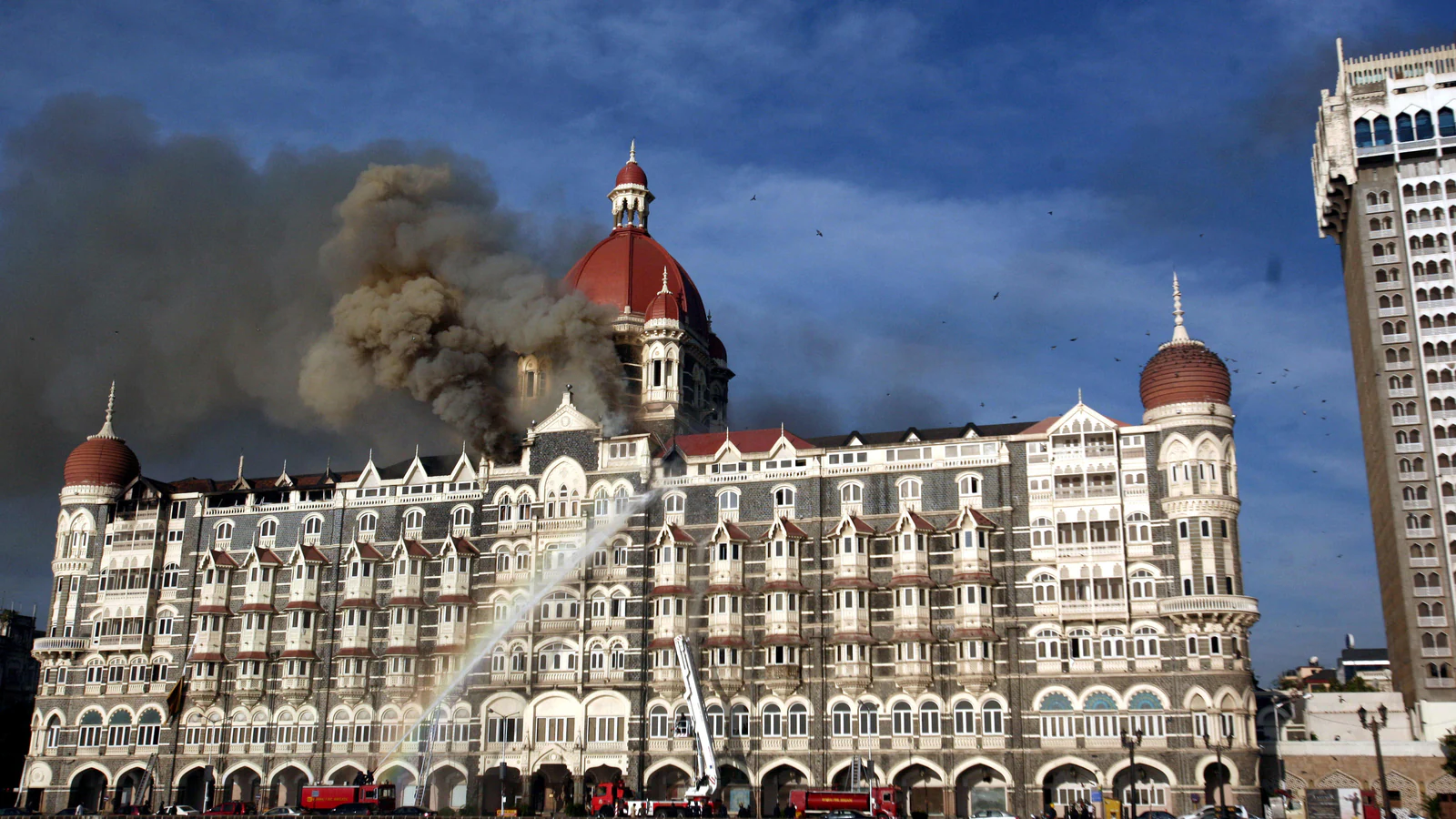At the Hindustan Times Leadership Summit earlier this month, external affairs minister Subrahmanyam Jaishankar summarily dismissed a question on possible India-Pakistan dialogue by saying that India was ready for dialogue once Pakistan ceases to export terror. It is to the credit of Prime Minister Narendra Modi that India has gotten out of the vicious cycle of terror-talks with Pakistan, where the latter cleverly used the Indian and western media to pressure the Centre to initiate a dialogue for peace with Islamabad after every major terror strike in the name of better future for South Asia. The dialogue more than often resulted in a joint statement where both Indian and Pakistani interlocutors swore to work towards eradicating terror and Islamabad assured New Delhi that its territory would not be used for exporting terror to India and committed to taking action against Pakistan-based perpetrators.
For reference, one can read the joint statement of January 6, 2004, after the December 13, 2001 Parliament attack and of July 16, 2009 after the dastardly Mumbai massacre of 26/11. In the July 16, 2009, statement at Sharm-el-Sheikh, Indian Prime Minister Manmohan Singh in fact went a step ahead and virtually implicated India for hand in terrorism in Balochistan. Pakistan on its part consistently never lived up to its assurances undertaken in the joint statements but that did not stop India from “Aman ki Aasha” with relentless pressure to talk coming from the media and the west. Today, 14 years after the 26/11 attack, all the principal perpetrators are in VVIP custody of the Pakistani deep state with Rawalpindi refusing to give access to even the American FBI forget India.
Lahore-based terrorist group Lashkar-e-Toiba’s Sajjid Mir, the main handler of the 26/11 attack, miraculously came back from being declared dead this year under FATF pressure and was apparently sentenced and taken into custody in Pakistan. To date, Pakistan has not given access to murderer Sajjid Mir or revealed his whereabouts to American FBI so what if the Prime Minister of Pakistan has changed from Imran Niazi to Shehbaz Sharif. The same is the case with LeT’s chief Hafiz Saeed, 26/11 operational commander Zaki-ur-Rehman Lakhvi and group terror financier Abdul Rehman Makki.
While Pakistan’s hatred towards India is bipartisan, it is helped by big brother China, which blocked the designation of Makki as a global terrorist by the UN 1267 Committee this year. Since June this year, China has vetoed proposals to designate LeT’s Talah Saeed (son of Hafiz Saeed), Shahid Mahmood, Sajjid Mir, Makki (brother-in-law of Haifz) and Jaish-e-Mohammed terror leader Mufti Rauf Azhar as global terrorists by the UN 1267 Committee, making a mockery of the global fight against terror. Clearly for China and its client state Pakistan, the enemy is India not terror or terrorist groups based in the Islamic Republic.
Despite facing hurdles in the UN and terror threat from Pakistan, the Modi government has taken up the issue relentlessly in the UNSC and with its key allies like US, France, and the United Arab Emirates to bring the perpetrators to face the law. Not only has the Modi government named and shamed Pakistan globally, it has also put a full stop to so called peace dialogue with Pakistan since the January 1, 2016 Pathankot airbase attack by Jaish-e-Mohammed. The Indian military retaliation to the 2016 Uri attack and the 2019 Pulwama attack, both executed by JeM’s leader Rauf Azhar under directions of elder brother Masood, have taken the sting out of Pakistan friendly media’s nuclear flashpoint theory. Today, Pakistan is clear that India will retaliate to any terror attack planned and executed from across the border.
This was not the case after the 26/11 attack as the UPA regime under Manmohan Singh did not even threaten Pakistan with a military action despite the strike was proven to be a joint venture of Pakistan intelligence agency ISI and terror group LeT. The Atal Behari Vajpayee government at least marched the Indian military to its western borders after the December 2001 Parliament attack and nearly came to war after the May 2002 Kaluchak Army camp attack.
Given that Chinese drones are routinely being used by Pakistan based terror groups to drop weapons and drugs across the borders in Jammu and Kashmir, and Punjab, it is evident that Islamabad will continue to use terror as state policy against India. The never-ending plan of Pakistani deep state to instigate and orchestrate violence in Punjab by spreading false narrative among the Sikh community poses a serious internal security threat to India. This apart, the Pakistan based groups are involved in spreading radicalization among the Indian Muslim community to weaponize it against the majority community in the name of religion under threat. Under the circumstances, India has no options but to continue building up military, economic and political deterrence against Pakistan so that it pays a very heavy cost every time a strike is orchestrated across the border. It is only when Pakistan realizes that India can do faster than what Rawalpindi is intending to do for the past 75 years that Islamabad will understand. After the abrogation of Article 370 and 35 A by the Modi government in 2019, Pakistan should be and is worried about 1994 Parliamentary resolution.

